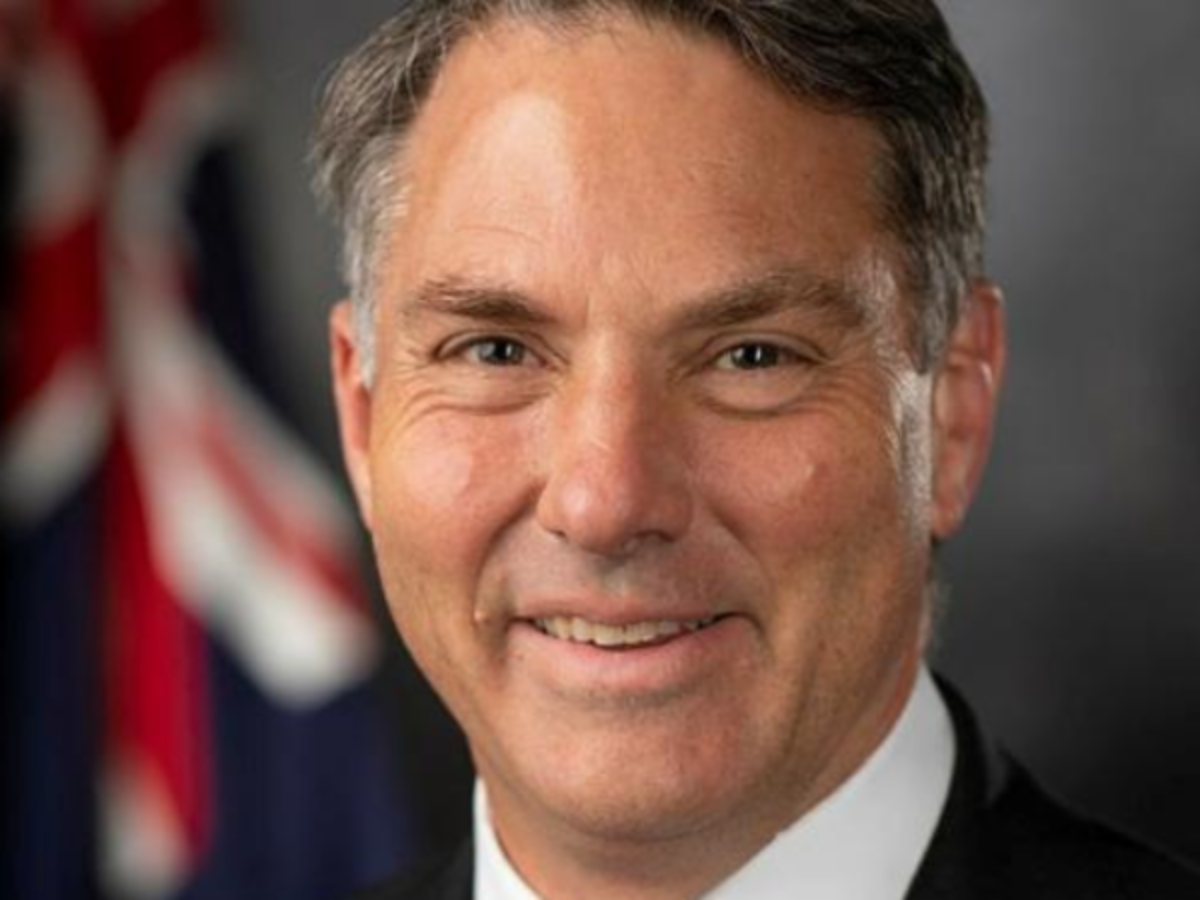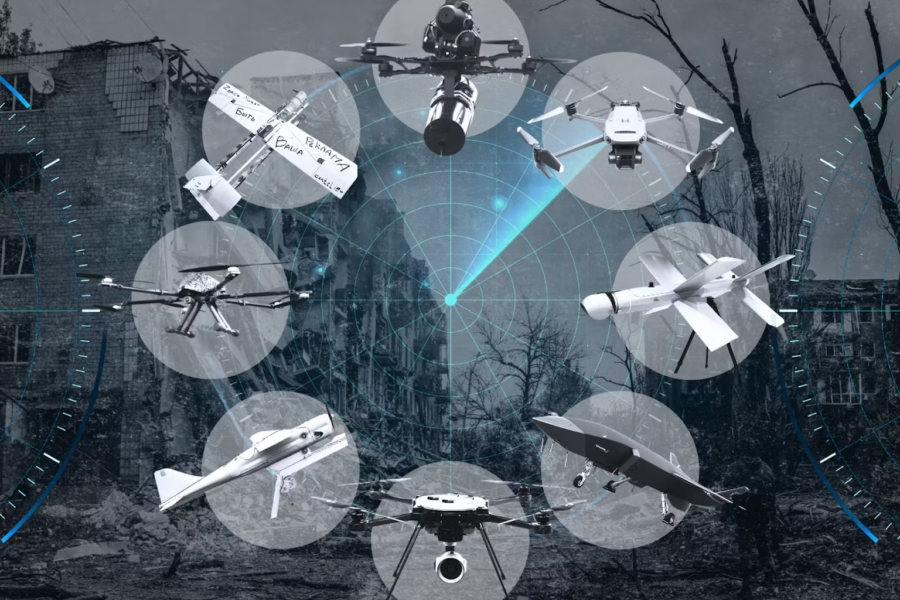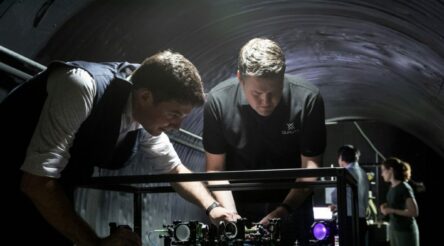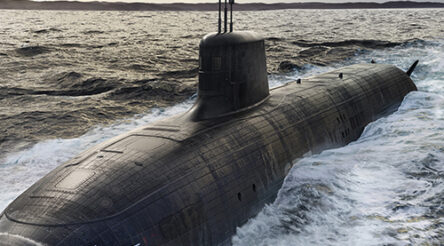Trumpians back AUKUS and Adelaide submarine build – Marles

The federal government is unconcerned about the future of the AUKUS agreement and the construction of nuclear powered submarines in Australia under a Trump presidency, and will press on with developing the workforce and infrastructure at the Osborne Naval Shipyard in Adelaide, according to Defence Minister Richard Marles.
Marles, who is also Deputy Prime Minister, was asked by journalists whether Trump's election raised concerns over this week's signing of agreements with ASC and BAE Systems which begin the industrial effort to build SSN-AUKUS nuclear powered submarines here.
Marles said “No, not at all. I mean, well, firstly, this, the mobilisation deed really is the enabler, what enables us to keep moving until the joint venture is put in place.
“A joint venture which is between BAE, ASC and that will in turn, contract with the Commonwealth to build our future submarines.
“So in that sense, the United States, in respect of this part of AUKUS is not a party to these agreements.”
Marles said that in a broader sense Trump Republicans had been supportive of AUKUS.
“And that's not just in terms of word, although it is in terms of work, but it's also in terms of action.
“When you look at the way in which Trump Republicans voted, this time last year to support legislation through the United States Congress, which saw for example, the sale of the Virginia class submarines to Australia and they supported that.”
Under this week's agreement ASC and BAE Systems will plan and mobilise a workforce and build programme for a $2 billion submarine construction yard planned for Adelaide.
The yard will be three times larger than the one planned for the now-cancelled French Attack class submarines.
Marles had earlier lauded the shipyard, which will sit alongside ASC which constructed the Collins class submarines and the all digital shipyard where BAE Systems Australia is building Hunter class frigates.
“That production line will be the most sophisticated high tech production line in our country, in any context.
“It represents one of the great industrial endeavours in our nation's history, and it will make an enormous difference in terms of building Australia's defence capability.
“In time, what we will see at the Naval Osborne shipyard is a shipyard where 6,000-7,000 people will be employed in building our future submarines, building our future frigates, and maintaining our existing Collins class submarines.
“And the announcements that we've made (of the agreement with ASC and BAE Systems) go to the human dimension of that.
“It is one of the great challenges, but in turn, it's one of the great opportunities for young people in South Australia to acquire a well-paid long term job in building our nation's capability and our future.”
Journalist: So should South Australians in particular be worried about a Trump Administration either scuttling or delaying nuclear-powered submarine construction in Adelaide?
Marles: No.
At the shipyard this week Marles announced a skills package which will support 275 entry level positions into the naval construction industry across two programmes.
“The first will see a 12 month traineeship, which will enable people to have on the job training and end with a CERT III qualification.
“And the second is a full apprenticeship programme in fabrication, mechanical and electrical qualifications over a four year period.”
Marles said there were already around 5,000 school age kids participating in a school age pathway to join the workforce.
“We've got 1,000 University places here in South Australia, specifically for skills required to build our future frigates and our future submarines.
“And of course, work is now underway in terms of establishing the skills and training academy at the Osborne Naval Shipyard, which will be so important as the linchpin of developing that workforce of the future. ”
Further reading:
ASC, BAE Systems to begin planning, procurement to build SSN-AUKUS submarines
Excellence in maritime manufacturing – touring Osborne naval shipyard
Picture: Richard Marles
@aumanufacturing Sections
Analysis and Commentary Awards casino reviews Defence Gambling Manufacturing News Online Casino Podcast Technology Videos





